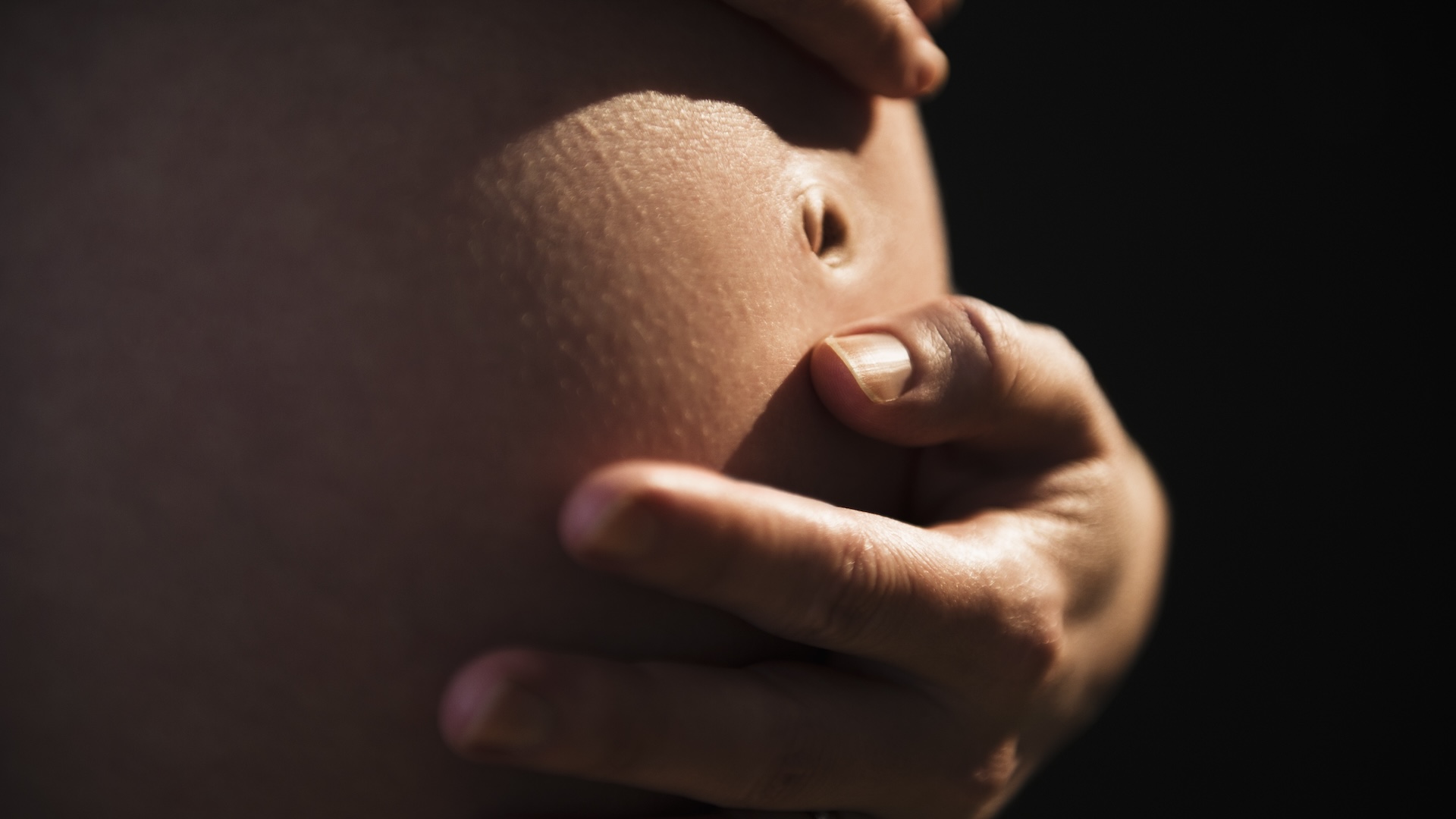When you purchase through links on our site , we may make an affiliate commission . Here ’s how it make .
During her freshman year of college , a woman has a 1 in 10 hazard of being forcibly sexually assaulted or raped , and a 1 in 7 chance of being assaulted or rape while disable by drugs or alcoholic beverage , harmonize to the findings of a novel survey from one U.S. college campus .
" With a fine - grained depth psychology of events that are occurring over the very first class of starting college , we get amazingly gamy rates of attempted or completed violation , " said Kate Carey , one of the report researchers and a professor of behavioral and social sciences at Brown University School of Public Health in Providence , Rhode Island . " We wanted to impart to the growing scientific support that this is apublic health problemthat really deserves more tending both at the policy degree , but also at the individual - prevention spirit level . "

In their study , published yesterday ( May 19 ) in the Journal of Adolescent Health , Carey and her squad note that a interior study published in 2007 estimated the yearly incidence of Brassica napus among college women at 5 percent , fivefold high than for women not in college . But that study and others looking at rape prevalence were limited in that the routine of participants was small and the cogitation did not focalize on the first yr of college , when woman ’s peril of assault is eminent .
To address these take , Carey and her colleagues survey 483 women at a university in upstate New York at four different times : when the women arrive on campus , at the end of their declension semester , at the end of the bound semester and at the end of the summer after their first year in college . The fair sex reported whether they had been raped , including whether they wereincapacitated by drug or alcoholat the clip , and whether the rapist used threats of violence or physical effect .
Upon arriving at college , 18 percent of woman said they had already have an attempted or complete rape while they were incapacitated , and 15 percent of women reported an attempted or complete rape by force-out .

Because of the room the researcher collected the information , it ’s possible that the survey participants account a individual event that involve both incapacitation and the utilization of force or threats , Carey said . Therefore , in the researchers ' finding on forcible rape and rapine while a fair sex was incapacitated , it ’s likely there is overlap , with the same event being counted in both categories , she said .
During the woman ’s first yr of college , 15 percent reported attempt or completed rapine while they were incapacitated , and 9 percentage report attempted or completed strong-arm rape . All tell apart , by the time written report participants entered their 2d twelvemonth of college , 26 percent had experienced try or completed helpless rape , and 22 percent had reported attempted or completed forcible colza .
womanhood who reported being raped while invalid before college were six times more potential to be round or raped while incapacitate during college , equate with other woman in the work . And they were more than four times more likely to experience undertake or completed forcible rape .

college and university need to make certain thatvictims of assaultfeel comfortable reporting an incident , and that victims feel supported when assaults hap , Carey say . But what ’s especially needed are bar scheme , she enounce .
There has been little inquiry on the effectiveness of prevention program and policies , Carey told Live Science . " I think we really do need to redouble our drive to examine to build an evidence base and really seek to identify what are the components of prophylactic interventions that actually form . " [ Understanding the 10 Most Destructive Human Behaviors ]
succeeding enquiry should follow students over their college careers " to really understand where the possible pockets of risk might be , " Carey add up . And prevention exploit should not be a one - time thing . " This probably ought to be a conversation that ’s pioneer on a regular ground just to give people the license to speak about the case that have happened to them , but also to adapt to new situations and really think about manage the risks for themselves and their friends over time . "

Heather McCauley of the University of Pittsburgh School of Medicine and Adam Casler of Siena College in Loudonville , New York , wrote in an editorial accompanying the written report that more bar program are indeed needed .
" significance here are clean ; exploit to reduce riskyalcohol economic consumption on college campus — whether in the form of campus policies and programs or abbreviated interference in college health centers — would benefit from incorporating universal messages about healthy human relationship and respectable sexuality , which are , in fact , strategies for ferocity bar , " the generator said .















